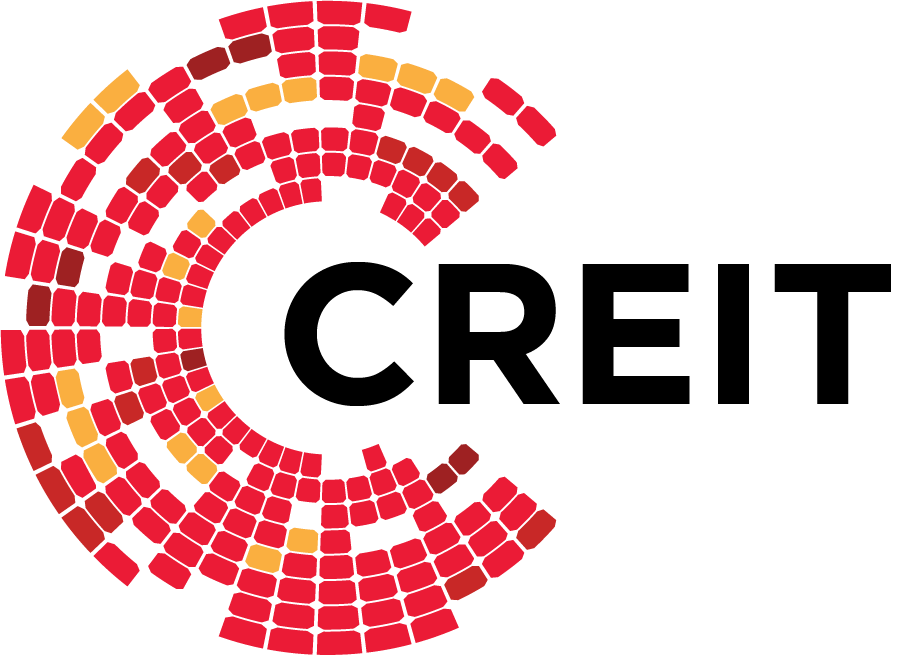Supporting a local charity, reducing your carbon footprint, or advocating for social justice — these actions often top the list when thinking about making a positive impact. But what if your investments could contribute to these causes too? Socially responsible investing (SRI) turns your financial decisions into a force for good, aligning your portfolio with your values while pursuing potential returns.
In this blog, we’ll explore what SRI really means and how it aligns with your principles. We’ll also weigh the pros and cons of socially responsible investing, providing you with a balanced view to help you make informed decisions. From real-world examples to practical tips for successful SRI, you’ll find everything you need to navigate this impactful investment strategy. If you’re ready to turn your investments into a force for positive change, then let’s dive in.
Related Article: Eco-Cents: Investing in Green Technology for a Greener Future
What is Socially Responsible Investing?
Socially responsible investing (SRI) is an investment strategy that seeks to generate both financial return and social or environmental benefits. Investors practicing SRI aim to support companies that align with their ethical values, such as those that promote sustainability, human rights, and social justice.
This approach often involves screening investments based on environmental, social, and governance (ESG) criteria, avoiding businesses that engage in harmful practices, and actively supporting those that contribute positively to society. By integrating these ethical considerations, SRI encourages responsible corporate behavior and fosters long-term sustainable growth.
Impact Investing vs Socially Responsible Investing
While socially responsible investing and impact investing are both approaches that incorporate social and environmental considerations into investment decisions, they have distinct focuses. As noted above, SRI aims to align investments with ethical values by screening companies based on ESG criteria. This approach seeks to avoid supporting businesses involved in harmful practices and to promote those demonstrating responsible behavior, striving for financial returns while upholding ethical standards.
Impact investing, on the other hand, actively seeks to create measurable positive social or environmental impacts alongside financial returns. Investors intentionally target investments that address specific issues such as clean energy, affordable housing, or healthcare. While financial performance remains important, the primary goal of impact investing is to drive tangible positive change in society or the environment.

Examples of Socially Responsible Investing
SRI involves selecting investments based on ethical, social, and environmental criteria. Here are some examples:
Renewable Energy Companies
This refers to companies that advocate for producing energy from renewable sources such as wind, solar, and hydro power. For example, Citicore Energy REIT Corp. (CREIT) in the Philippines focuses on renewable energy investments.
Green Bonds
These bonds are specifically earmarked to be used for climate and environmental projects. They support sustainability and are issued by governments, municipalities, and corporations. For example, the World Bank issues green bonds to finance projects that combat climate change.
Social Impact Bonds
These bonds are aimed at funding projects that deliver social benefits, such as reducing homelessness, improving education, or enhancing healthcare services. For example, the Peterborough Social Impact Bond in the United Kingdom funds rehabilitation programs for prisoners.
Ethical Funds
Ethical funds are mutual funds or ETFs that screen their investments based on various ethical criteria, such as avoiding companies involved in tobacco, weapons, or gambling. For example, the Parnassus Core Equity Fund avoids investing in fossil fuels, tobacco, and weapons.
Community Investing
This entails directing capital to underserved communities for affordable housing, small business development, and community services. An example for this includes the Community Development Financial Institutions (CDFIs) like Opportunity Finance Network in the United States.
Environmental, Social, and Governance (ESG) Funds
ESG funds consider environmental, social, and governance factors in their investment decisions, aiming to generate long-term competitive financial returns and positive societal impact. For example, Vanguard ESG U.S. Stock ETF excludes companies with significant exposure to fossil fuels, nuclear power, and vice products.
Sustainable Real Estate
This type of SRI involves real estate projects that focus on sustainability, energy efficiency, and green building practices. An example of this is investing in LEED-certified buildings or funds like the Hines Global REIT that focus on sustainable real estate projects.
Pros and Cons of Socially Responsible Investing
Socially responsible investing, which integrates ethical, social, and environmental considerations into investment decisions, has gained popularity as investors seek to align their portfolios with their personal values while pursuing financial returns. Here are some key pros and cons of SRI:
Pros of Socially Responsible Investing
1. Alignment with Personal Values
SRI enables investors to support ethical, social, and environmental causes they believe in. This alignment with personal values enhances the investor's sense of satisfaction and purpose.
2. Positive Social and Environmental Impact
By investing in companies that prioritize sustainability and social responsibility, investors can drive positive change in society and the environment. This proactive approach helps address global challenges such as climate change and social inequality.
3. Long-Term Financial Performance
Companies with strong ESG practices often exhibit better long-term stability and growth prospects. This resilience can translate into competitive financial returns for investors over time.
4. Risk Management
SRI helps investors avoid companies engaged in controversial or high-risk activities that could lead to regulatory or reputational issues. By mitigating these risks, investors can protect their portfolios from potential losses.
Cons of Socially Responsible Investing
1. Limited Investment Choices
SRI criteria can significantly narrow the pool of eligible investments, potentially leading to a less diversified portfolio. This restriction might result in missed opportunities in high-performing sectors that do not meet SRI standards.
2. Potentially Lower Returns
Some socially responsible investments may underperform compared to traditional investments, especially those in lucrative but controversial industries like fossil fuels or tobacco. This underperformance can impact the overall returns of an SRI-focused portfolio.
3. Subjectivity and Inconsistency
The definition of what constitutes a "socially responsible" investment can vary widely among investors and fund managers. This subjectivity leads to inconsistencies in SRI approaches and make it challenging to evaluate and compare SRI options.

Approaches to Socially Responsible Investing
Negative Screening
This involves excluding companies or industries that do not meet certain ethical criteria. Common exclusions are tobacco, alcohol, gambling, weapons, and fossil fuels.
Positive Screening
Investors actively seek out companies that meet certain ethical standards or contribute positively to society and the environment. This could include companies with strong labor practices, environmental stewardship, or good community relations.
ESG Integration
ESG integration involves incorporating ESG factors into financial analysis to identify risks and opportunities. This approach helps investors understand how ESG factors can impact a company's performance.
Thematic Investing
This focuses on investing in sectors or companies that are addressing specific social or environmental challenges. Examples include renewable energy, clean technology, or healthcare.
Impact Investing
Impact investing aims to generate measurable social or environmental impact alongside financial returns. Investments are made in projects or companies with a clear intention to tackle specific issues, such as poverty, education, or clean water.
Shareholder Advocacy
Investors use their equity stake in a company to influence its behavior. This may involve voting on shareholder resolutions, engaging in dialogue with management, or participating in campaigns to encourage more ethical business practices.
Tips for a Successful Socially Responsible Investing
- • Conduct Thorough Research: Investigate the companies or funds you’re considering to ensure they align with your values and investment goals. Look into their environmental, social, and governance (ESG) practices to understand their commitment to sustainability and ethical behavior.
- • Define Your Values: Clearly outline what matters most to you, whether it's environmental sustainability, social justice, or ethical governance. This helps you choose investments that resonate with your personal principles and long-term vision.
- • Evaluate Financial Performance: While social responsibility is crucial, don't overlook the financial health and growth potential of your investments. Assess the balance between ethical considerations and financial returns to ensure a sustainable investment.
- • Diversify Your Portfolio: Spread your investments across various sectors and asset classes to mitigate risks. Diversification helps protect your portfolio from market volatility and ensures a balanced approach to socially responsible investing.
- • Engage with Companies: Actively participate in shareholder meetings or engage with company management to advocate for positive change. Your voice as an investor can influence corporate policies and promote greater social responsibility.

Empower Your Investments: Join the Green Revolution with CREIT
Socially responsible investing is a powerful way to align your financial goals with your ethical values. By choosing to invest in companies that prioritize environmental, social, and governance ESG standards, you can support sustainable and responsible business practices.
Citicore Energy REIT Corp. (CREIT) is at the forefront of this movement, offering a unique opportunity to invest in renewable energy projects that drive significant environmental benefits. Join the growing community of socially conscious investors by making CREIT your primary choice for green investing. By investing in CREIT, you're not only securing potential financial returns but also contributing to the development of clean, renewable energy sources.
Take action today and be a part of the transition towards a more sustainable future. Invest in CREIT and make a difference for our planet and future generations!


